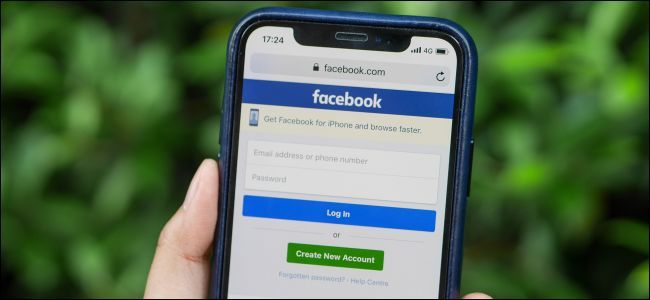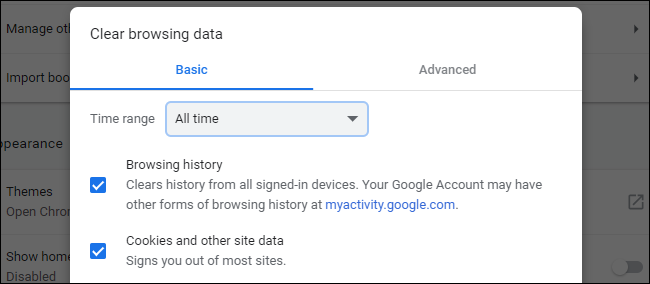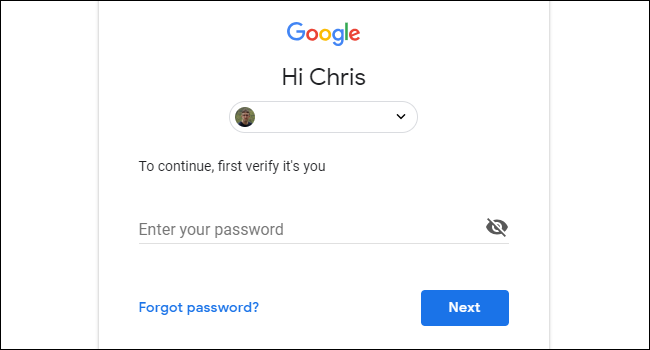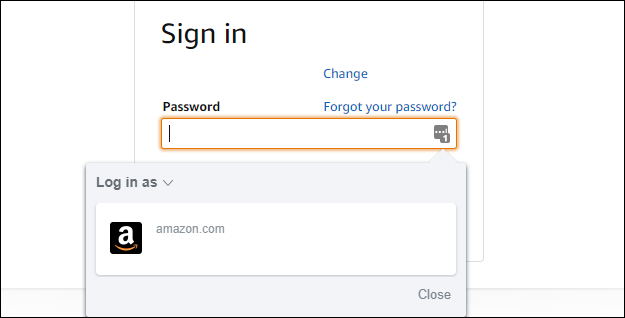Quick Links
You've probably noticed that websites make you log in over and over, especially on your smartphone. This problem is particularly noticeable when viewing newspaper websites where you need an account to view the articles. Here's why.
In-App Browsers Don't Share Logins
On your iPhone, iPad, or Android phone, this problem is often caused by in-app browsers. Basically, each application with a built-in browser has its own cookies and its own login state.
In other words, if you tap a link in the Facebook app, open a Washington Post article, and sign into your account to read it, you're now only logged into the Washington Post website in the Facebook app
If you open the Twitter app or the main Safari browser, you'll have to sign into the Washington Post website separately in each. Each app has its own separate browser with its own login state, and it's very annoying. You could tap the "Open in Safari" button to open the page in Safari and avoid viewing it inside those in-app browsers, but that's an extra step.
This same problem applies to many other news websites, from The Wall Street Journal to The New York Times. It's a problem anywhere you have to sign in to view something.
On iPhone and iPad, this is a fairly recent change. Apple's iOS 9 and iOS 10 shared cookies between the Safari browser and embedded web views in apps, but Apple halted this with iOS 11 and logins are now separate. So, if you're an iPhone user, you didn't have to deal with this problem from September 2015 to September 2017, but you've had to log in much more since September 2017.
Android works similarly. Those in-app browsers, also known as web views, don't share cookies with Chrome. You'll have to sign in over and over in different Android apps, too.
This problem may one day go away as developers implement technologies like Apple's ASWebAuthenticationSession or Google's Chrome Custom Tabs. But, for a typical website in a typical web view today, you'll have to sign in separately in each.
On a PC or Mac, you're usually just signing into everything through a single web browser so you don't have this problem.
Your Bank Logs You Out For Security
Some websites automatically sign you out after a period of time. For example, financial websites like your bank or credit card company want you to sign in each time you access your account. Often, they automatically sign you out after fifteen minutes of inactivity---or something similar.
This is just a basic security feature. It ensures that no one can walk up to your PC, open your bank's website, and start transferring money around without your password. Your kids can't just head to your bank website and start messing with your money, even if you share a computer.
Other sensitive websites, like online portals to access government systems, often work similarly. There's no way around this---some websites just want additional security.
Clearing Cookies Clears Your Logins
If you have to sign in over and over again on your PC or Mac, clearing your cookies is likely the problem. This is a problem if you clear the cookies on your phone or tablet, too.
When you sign into a website, the website remembers you've signed in via a "cookie," which is a small bit of text stored in your web browser. So, when you sign into your Gmail, Outlook.com, or Yahoo! Mail account, the website remembers your browser has signed in. The next time you visit the website, it remembers you've signed in by reading the cookie in your browser. That's why you can just start reading your emails after heading to your inbox without having to sign in each time.
However, if you clear your cookies, this saved data is gone and the website won't remember you've signed in. You'll have to sign in again the next time you visit the website. Cookies are often cleared when you clear your saved browsing data or run tool that clears cookies, like CCleaner does.
So, if you regularly clear your cookies, you'll have to sign back into all the websites you use after each time you clear them. If you find yourself signing in over and over, consider not clearing your cookies. If you don't realize you're clearing your cookies, you might be running CCleaner or another data-deletion tool that automatically deletes them for you.
Sometimes, Websites Just Ask You to Sign In
Some websites just ask you to sign in regularly, and there's not much you can do about it.
For example, some websites may sign you out every few weeks and ask you to sign in again, just out of an abundance of caution on their part.
Other websites may forcibly sign you out after a hack or other data breach, just to ensure all their users change their passwords and are legitimately signed in.
Even if there's no problem, many websites force you to sign in when accessing potentially secure data. For example, Amazon often might ask you to sign in before you manage payment methods. You may be prompted to re-enter your password before making a purchase on an online store, even if you're already signed in---just so the store can confirm it's you and the purchase is actually authorized.
How to Deal With Annoying Login Requests
To make signing in less annoying, we recommend using a password manager. The password manager remembers your passwords and can automatically fill them in. You'll still have to sign in, but your password manager can do all the typing.
A password manager also makes it much easier to use strong, unique passwords everywhere. Re-using passwords is dangerous, as a leak at one site would give an attacker a password he or she can use to gain access to one of your other accounts.
But it also saves you time. LastPass, 1Password, and Dashlane are all good options. Even modern web browsers like Chrome have solid built-in password managers.
Image Credit: Farofang/Shutterstock.com.






